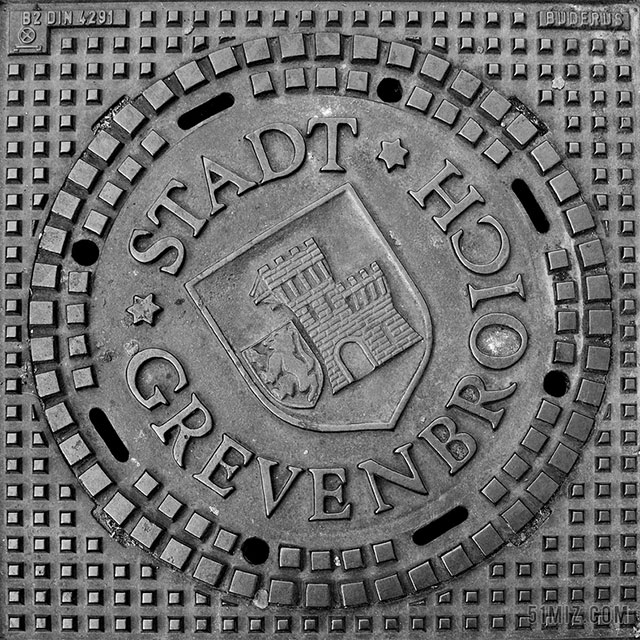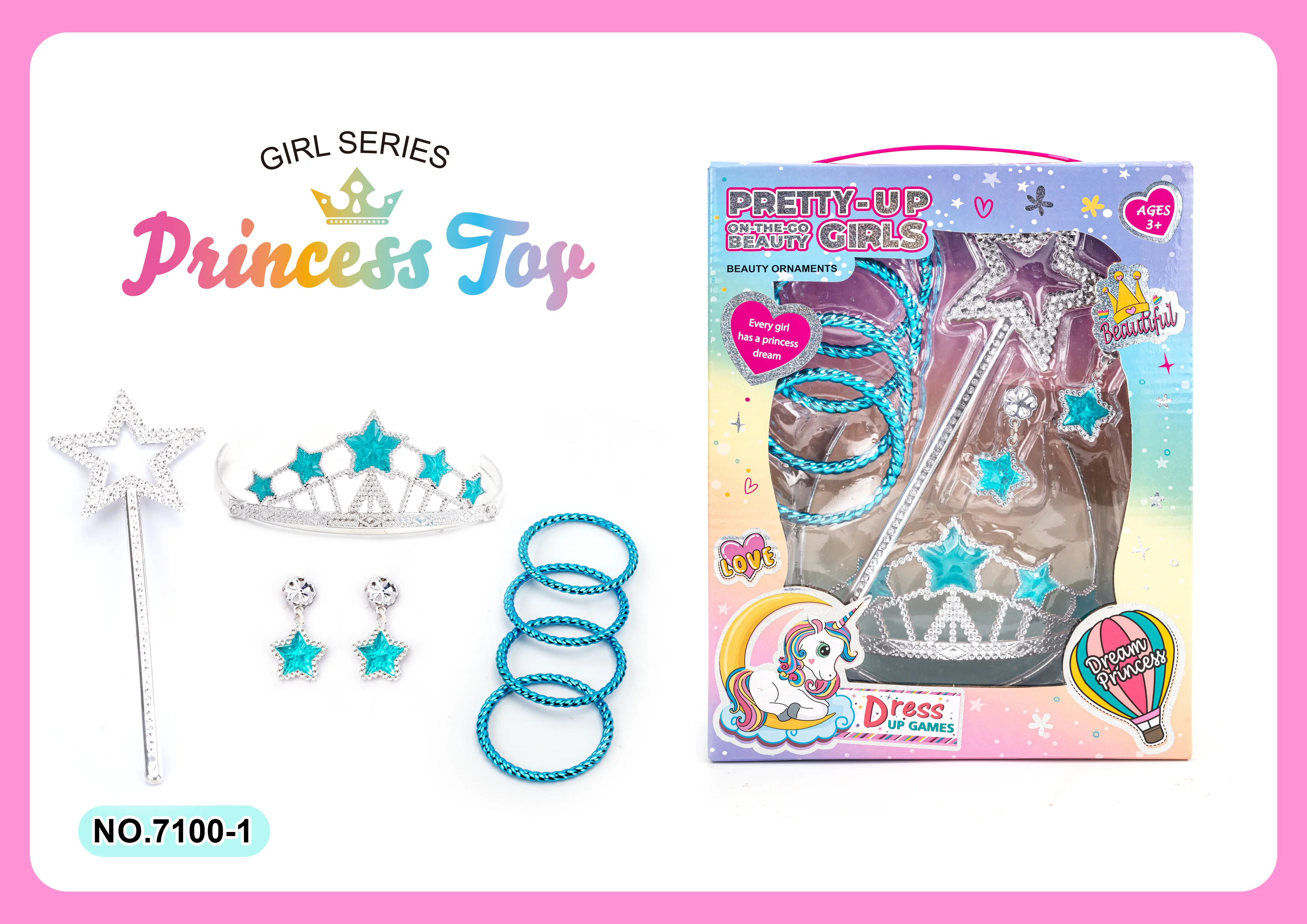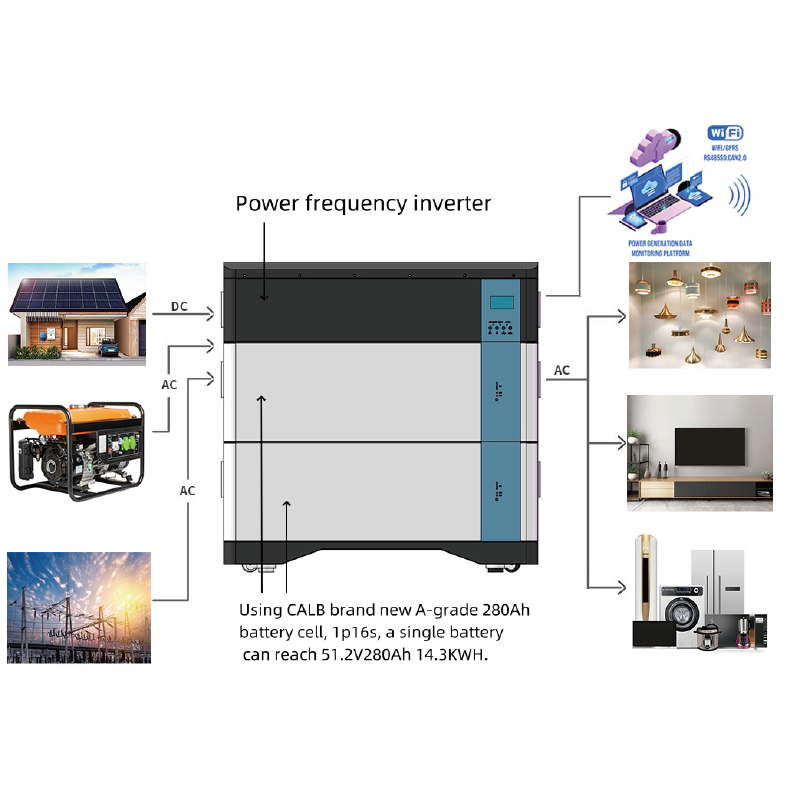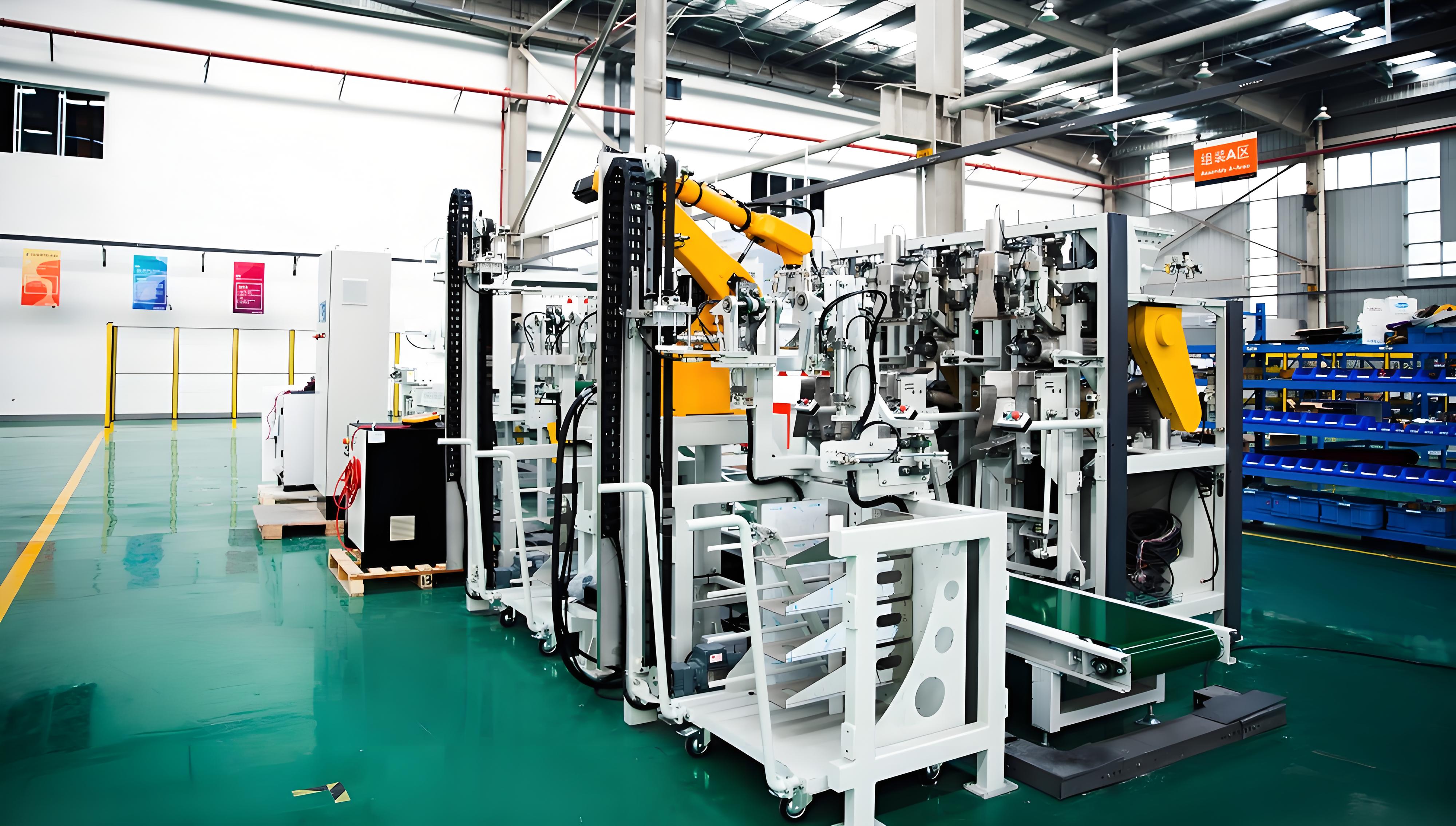In the ever-evolving landscape of architecture and construction, modern homes are increasingly defined by their innovative materials and cutting-edge technologies. As we strive for sustainability, efficiency, and aesthetic appeal, the question arises: What are modern homes built with? This article delves into the multifaceted components that characterize contemporary residential construction, exploring the materials, technologies, and design philosophies that are shaping the homes of today and tomorrow.
- Sustainable Materials: A Green Revolution
The modern homeowner is more environmentally conscious than ever, leading to a significant shift towards sustainable building materials. These materials not only reduce the ecological footprint of a home but also enhance its energy efficiency and longevity.
a. Recycled and Upcycled Materials
Recycling has become a cornerstone of modern construction. From reclaimed wood beams to recycled metal roofing, these materials offer both aesthetic charm and environmental benefits. Upcycling, the process of repurposing materials for new uses, is also gaining traction. For instance, old shipping containers are being transformed into stylish, functional homes, showcasing creativity while minimizing waste.
b. Bamboo and Cork
Bamboo is celebrated for its rapid growth and renewability, making it an excellent alternative to traditional hardwoods. Its strength and versatility allow it to be used in flooring, cabinetry, and even structural elements. Similarly, cork, harvested from the bark of cork oak trees, is not only sustainable but also provides excellent insulation properties, making it ideal for flooring and wall coverings.
- Advanced Construction Technologies
The integration of technology in construction processes has revolutionized how modern homes are built. These advancements not only streamline construction but also enhance the overall quality and performance of residential buildings.
a. Prefabrication and Modular Construction
Prefabrication involves assembling components of a building off-site and then transporting them for final assembly. This method reduces construction time and waste while ensuring precision in manufacturing. Modular homes, which are built in sections, allow for greater flexibility in design and can be customized to meet specific homeowner needs.
b. 3D Printing
3D printing technology is making waves in the construction industry, enabling the creation of complex structures with minimal material waste. This innovative approach allows for rapid prototyping and the potential for on-site construction, significantly reducing labor costs and construction timelines.
- Smart Home Technologies
Modern homes are increasingly equipped with smart technologies that enhance convenience, security, and energy efficiency. These systems not only improve the quality of life for residents but also contribute to the overall sustainability of the home.
a. Home Automation Systems
Smart home automation systems allow homeowners to control lighting, heating, and security systems remotely. These technologies can optimize energy use, reducing utility bills and minimizing environmental impact. For instance, smart thermostats learn user preferences and adjust heating and cooling accordingly, ensuring comfort while conserving energy.
b. Renewable Energy Solutions
The integration of renewable energy sources, such as solar panels and wind turbines, is becoming standard in modern home design. These systems not only provide clean energy but also offer homeowners the potential for energy independence. Battery storage solutions further enhance this capability, allowing homeowners to store excess energy for use during peak demand times.
- Innovative Insulation and Energy Efficiency
Energy efficiency is a critical consideration in modern home construction. Advanced insulation materials and techniques play a vital role in reducing energy consumption and enhancing comfort.
a. Insulated Concrete Forms (ICFs)
ICFs are a popular choice for modern homes due to their superior insulation properties and structural integrity. These forms consist of expanded polystyrene (EPS) or similar materials that create a continuous layer of insulation, significantly reducing heat loss and improving energy efficiency.
b. Aerogel Insulation
Known as one of the most effective insulating materials available, aerogel is lightweight and highly efficient. Its unique structure allows it to provide exceptional thermal resistance, making it an ideal choice for modern homes seeking to minimize energy consumption.
Conclusion
As we look to the future, the materials and technologies used in modern home construction will continue to evolve, driven by the need for sustainability, efficiency, and innovation. From recycled materials to smart home technologies, the modern home is a testament to human ingenuity and our commitment to creating a better living environment. By embracing these advancements, homeowners can enjoy not only a beautiful and functional space but also contribute to a more sustainable future. As we build tomorrow, the question is no longer just what modern homes are built with, but how these choices will shape our world for generations to come.




